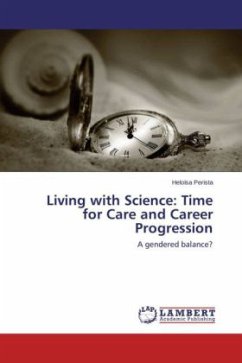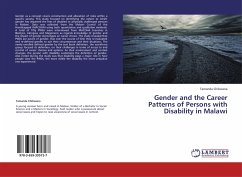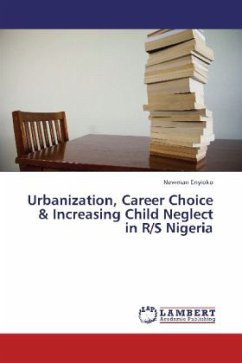This book explores how far time use research can inform understanding of the progression of women and men in science careers. It focuses on the gendered time use patterns in the private, domestic sphere and, especially, on the ways in which unpaid work and caring responsibilities impact on paid work job opportunities, working time organisation, and career progression. That is how this interplay shapes work-family articulation for men and women. Understanding how this works in practice is illustrated by empirical work with scientists. The under-representation of women in science careers, a sector of work which presents specific space-time challenges, and the waste of women s talents in science link closely to time constraints. This book emphasises the dimension of gendered time use in the domestic sphere and care work in particular. The analysis and the findings of the book may be useful to students, researchers, or anyone else who has an interest on the gendered use of time, and may help to inform policy debates and decision-making on the mainstreaming of gender equality in science, and more broadly on time use and gender equality as a crucial political goal.








